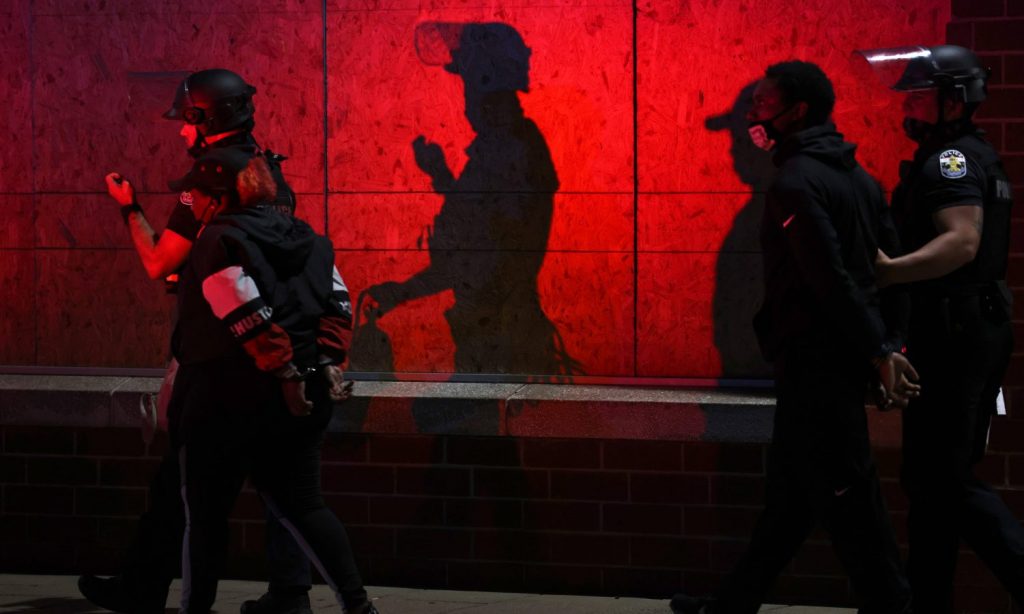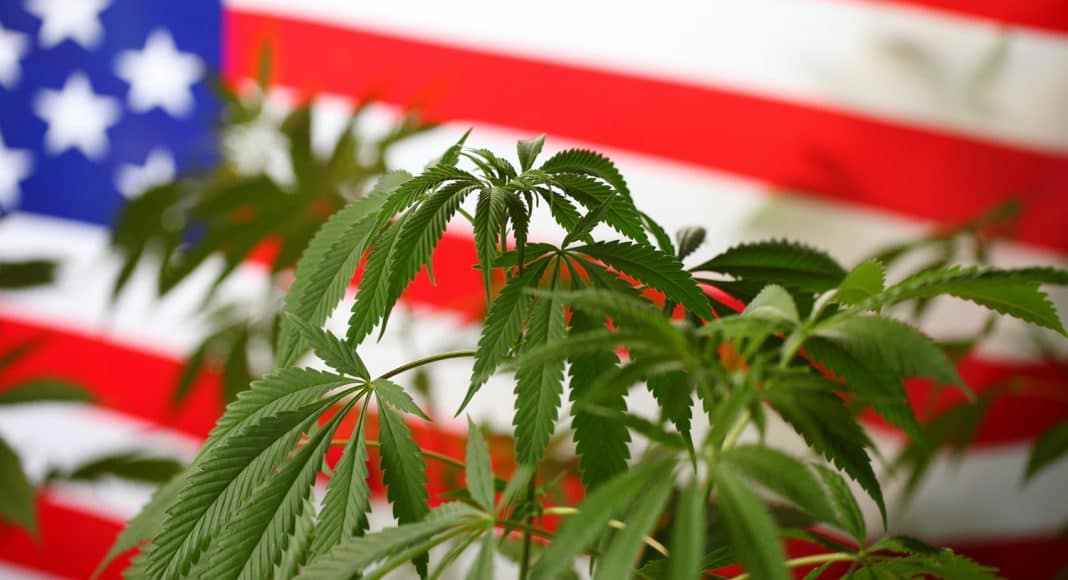Obviously, we are not going to have any impact on countries like Iran or China, but the people in Latin America and the European democracies really are looking to America for leadership.
Disclaimer: The views expressed in this article solely belong to the author and do not necessarily represent those of The Fresh Toast.
National Public Radio has a new 15 minute report online that it introduces with: “In June 1971, then-President Richard Nixon said the U.S. had a new public enemy number one: addiction. It was the beginning of America’s long war on drugs. Fifty years later, during months of interviews, NPR found a growing consensus across the political spectrum — including among some in law enforcement — that the drug war simply didn’t work.”
Bravo, but as I have previously pointed out, the Drug War is actually more than 100 years old. In fact, it began over a century ago with The International Opium Convention.
SEE: We Need To Recognize That The War In Afghanistan Is Not Our ‘Longest War’

It was signed on January 23, 1912 during the First International Opium Conference. “It was the first international drug control treaty. The United States was unsuccessful in its attempts to have cannabis included in the 1912 Convention.”
However, in 1937, the notorious Harry Anslinger got Congress to pass the Marihuana Tax Act. It was signed into law by Franklin Roosevelt, and almost every President since has contributed to an escalation in the violence. Not just Nixon.
SEE: Harry Anslinger: The Godfather Of Cannabis Prohibition
Anslinger’s crowning achievement, however, was the 1961 United Nations Single Convention on Narcotic Drugs which locked the U.S. and the world into the Drug War, especially marijuana prohibition, by a treaty, which is still being used to justify banning cannabis around the world.
SEE: Single Convention on Narcotic Drugs
In December of last year, in one of the last days of the Trump Administration, the U.S. “voted to remove cannabis from Schedule IV of the Single Convention while retaining it in Schedule I, saying it is “consistent with the science demonstrating that while a safe and effective cannabis-derived therapeutic has been developed, cannabis itself continues to pose significant risks to public health and should continue to be controlled under the international drug control conventions”.
In other words, the U.S. and other countries should be prohibited by treaty from legalizing recreational cannabis. Obviously, the people of the United States disagree, but the damage done by a century of Reefer Madness is not so easily erased.
SEE: Malaysian Princess Aims To Free Cancer Survivor Dr. Ganja From Possible Death Sentence Over Cannabis
AND: UK Data Show Marijuana Prohibition Is A Racist Counterproductive Fraud
Obviously, we are not going to have any impact on countries like Iran or China, but the people in Latin America and the European democracies really are looking to America for leadership. The U.S. cannot just forget the role that it has played in fomenting the violence of the Drug War.

Little Portugal has decriminalized all drug possession.
SEE: Drug Decriminalization In Portugal: Setting The Record Straight
Portugal still has not legalized the sale and use of cannabis, but no one is arrested for it, in contrast with America where over 400,000 were arrested last year.
However, it has effectively opted out of the Drug War, and fatalities from hard drugs have fallen sharply. “More than 70,000 Americans died from drug-involved overdose in 2019, including illicit drugs and prescription opioids.”
SEE: Overdose Death Rates
Richard Cowan is a former NORML National Director and author of About The Roles Of Celebrities In The CBD Industry.


